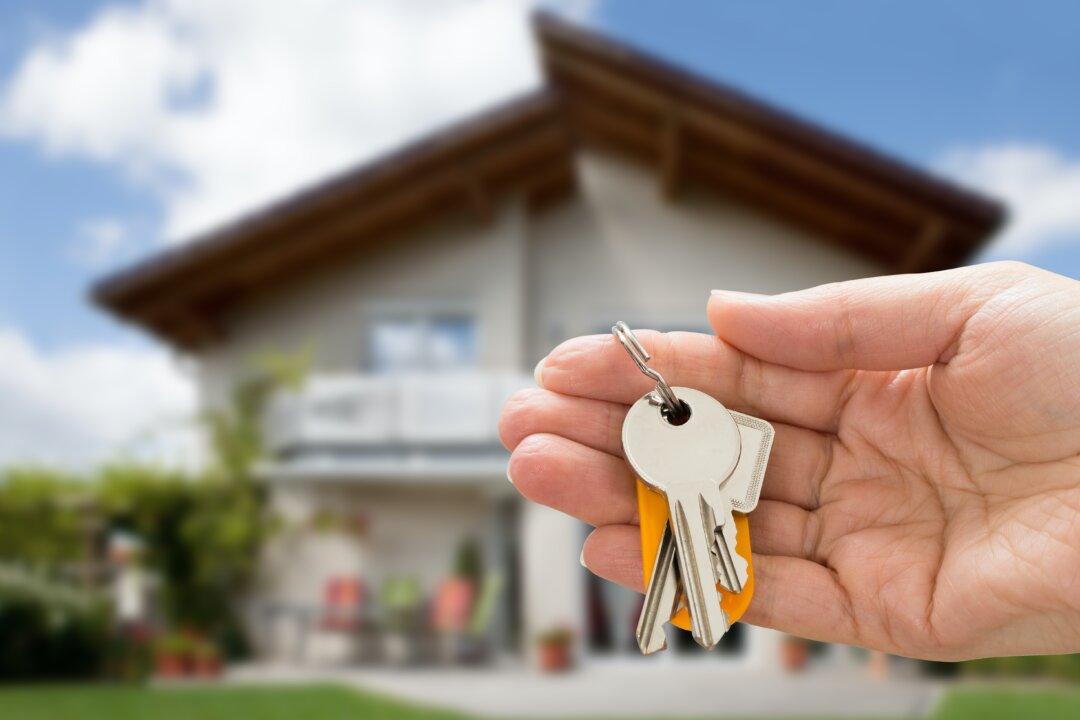Dear Monty: I need to find out if I can convert my single-family home into a two-family. The second thing is, if so, what are the legal rules for the transformation?
Monty’s Answer: The rules you seek are not uniform across the U.S. There is no federal building code except one. The Department of Housing and Urban Development has a code for the design and construction of manufactured housing. Building codes protect public health and safety. According to Lawinsider.com, the International Residential Code (IRC) is “the comprehensive stand-alone residential code that creates minimum regulations for one-and-two family dwellings. It combines all building, plumbing, mechanical, fuel gas, energy, and electrical provisions for one- and two-family residences.” Each municipality controls the codes, so if you live on a city’s border and your next-door neighbor lives across the line in a suburb, permitting construction or remodeling projects could be different. Always locate your property’s municipality for permit and code questions.





